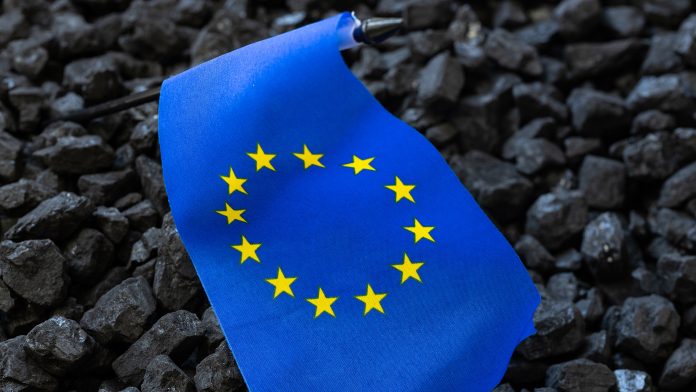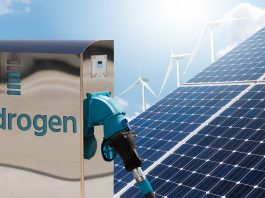Germany is planning to set up a $2.2bn commodities fund to remove its reliance on China and secure domestic raw material production.
According to a Bloomberg report, the German Government is aiming to set up a fund worth up to $2.2bn that will support domestic raw material production to aid the country’s green transition, cutting its reliance on China.
The funding could start next year if the ruling coalition agrees on financing, the report stated.
A spokesperson for the Economy Ministry confirmed to Bloomberg that it is working on “a raw materials fund to support raw materials projects at home and abroad.”
The importance of securing domestic raw material production
Raw materials are a vital part of our everyday lives and form the basis of the industrial value chain. Lithium, cobalt, and rare earth elements are found in clean energy technologies such as electric vehicle batteries, wind turbines, and solar panels – key technologies at the centre of the clean energy transition.
Germany is one of the world’s leading centres of technology and exporters, and requires a secure supply of raw materials. Data from DIW Berlin has revealed that the country currently relies on imports for over 90% of crucial commodities, however, with China leading the way in raw material supply.
Reducing reliance on China for critical commodities
Germany and EU countries are seeking to reduce reliance on China for raw materials to ensure a stable supply of the vital commodities and decrease the likelihood of supply chain disruptions due to geopolitical tensions. The European Union wants to increase domestic raw material production, refining, and processing, and is in negotiations with the US for a potential deal.
Developing new mining projects is costly, however, and countries in Europe lack subsidies similar to the US Inflation Reduction Act, which provides $40bn in loan guarantees for clean energy projects.
The $2.2bn fund will help Germany secure access to key commodities.
The EU is taking steps to secure a secure supply of critical materials
In March, the European Commission proposed a set of actions to ensure that the EU can gain access to a secure supply of critical raw materials, aiming to facilitate domestic raw material production in the region. The Critical Raw Materials Act will also improve the region’s capability of monitoring and mitigating risks of disruptions, enhancing circularity and sustainability.
President of the European Commission, Ursula von der Leyen, said: “This Act will bring us closer to our climate ambitions. It will significantly improve the refining, processing, and recycling of critical raw materials here in Europe.
“It’s in our interest to ramp up production in a sustainable manner and, at the same time, ensure the highest level of diversification of supply chains for our European businesses.”









